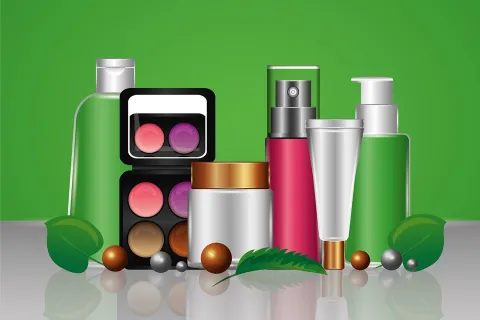
Cosmetic claims are statements made by manufacturers or marketers regarding the benefits and efficacy of their products. In the European Union (EU), cosmetic claims must comply with the strict regulations laid out in Cosmetics Regulation 1223/2009, especially Regulation 655/2013, which specifies common criteria for the justification of claims used for cosmetic products. Failure to comply with these regulations can cause significant financial penalties and reputational damage to companies. This blog provides an overview of the steps that companies must take to ensure that their cosmetic claims are supported by enough evidence.
First, companies need to ensure that their claims are truthful and not misleading. They must be able to substantiate their claims with scientific evidence that is robust, reliable, and relevant to the specific product. The evidence can take the form of clinical studies, instrumental (apparatus) analyses, consumer tests, and scientific literature reviews. The EU has laid out detailed guidelines for the testing of cosmetics, including guidelines on testing them for efficacy.
Second, companies should ensure that their claims are honest, fair, and not exaggerated. They must use language that is clear, precise, and based on the evidence available, allowing the average end user to make an informed choice. Claims that imply a product has a therapeutic or medicinal effect, such as "treats acne" or "reduces inflammation," are not allowed for cosmetics and may only be made for registered medicines.
Third, companies need to ensure that their claims are legally compliant and consistent with the product’s intended use. The intended use is determined by product labeling, instructions for use, and promotional materials. Claims that go beyond the intended use are not permitted.
Finally, companies should keep detailed records of the evidence to support their claims, as well as the testing methods used. The information must be available for inspection by competent authorities, upon request.
Therefore, supporting cosmetic claims in the EU requires careful attention to detail and a thorough understanding of the guidelines laid out in Cosmetics Regulation 1223/2009. Companies must ensure that their claims are legally compliant, truthful, honest, fair, and supported by robust scientific evidence, thereby allowing the target audience to make informed choices. Failure to comply with these common criteria can have severe consequences, and thus, it is important for companies to invest their time and resources in ensuring that their claims are fully supported by the necessary evidence.
Partnering with an experienced service provider simplifies the process and guides you to address the challenges. Consult a Regulatory expert like Freyr for Regulatory assistance!









